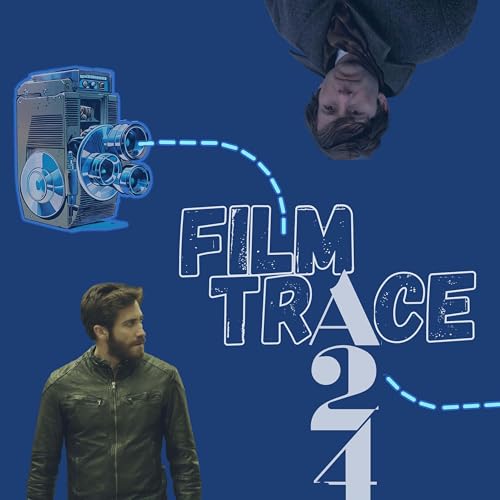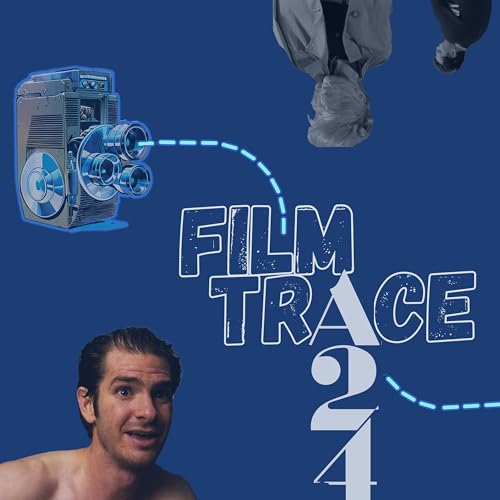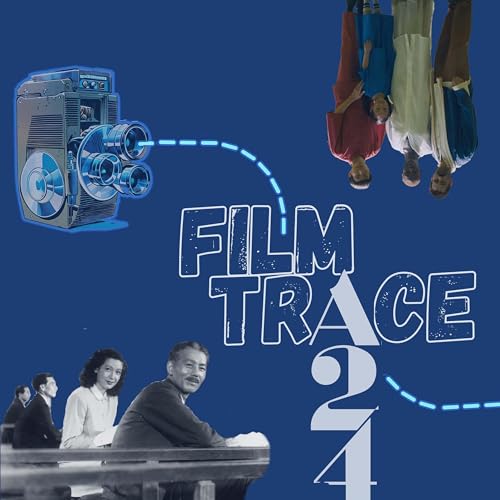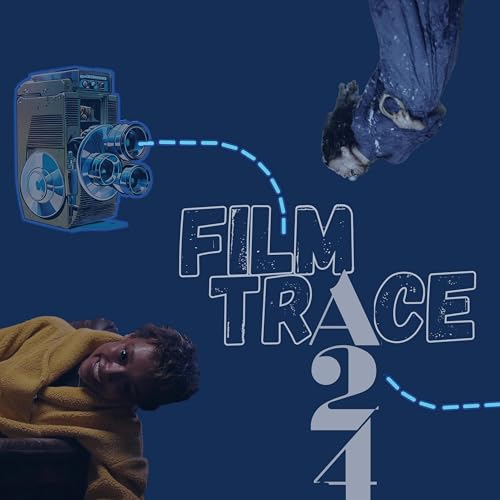In our fourth episode of The Rise of A24 series, we are covering the newly minted cult classic Under the Silver Lake (2019) and the art cinema bonanza of L'Avventura (1960)
Special Guest - James Adamson, the host of the great Double Reel Podcast, a monthly magazine podcast for the discerning film nerd.
A24 had a cult following well before it broke into the mainstream in the 2020s. Their surprise win at the 2017 Oscars for Best Picture with Moonlight put them in the spotlight, but they remained resolutely an arthouse company pre-Covid. That’s why their behavior surrounding the marketing and distribution of Under the Silver Lake (2019) is so profoundly bizarre. David Robert Mitchell was coming off his 2015 horror masterpiece It Follows with this twisting absurdist L.A. noir starring Andrew Garfield. The whole affair seemed right in A24’s sweet spot. So much so that A24 pre-bought the distribution rights before a single shot was filmed. Then, after the movie played to a muted response at Cannes in 2018, they essentially abandoned it: moving the release date multiple times before finally dumping it onto just two screens in April 2019. What exactly was so unnerving that made A24 bury the film?
L’Avventura (1960) had a similarly consequential Cannes premiere in 1960. At its first screening, the audience jeered and booed so loudly that director Michelangelo Antonioni left the theater in tears. Yet later that same week, a group of prominent film critic, led by figures from Cahiers du Cinéma, drafted and signed an open letter defending the film as a bold step forward for cinema. That act of critical solidarity transformed L’Avventura from a public embarrassment into a landmark of cinematic modernism. What began in jeers was quickly reframed as a radical new vision of film art, and its stature has only grown since. Today it stands as one of the undisputed masterpieces of 20th-century cinema, a fixture on “greatest films” lists and a touchstone for generations of directors.
Under the Silver Lake, by contrast, never received that critical reprieve, its initial dismissal has lingered, but that has allowed a small, but vocal supporting group to form around the film as it becomes one of the first cult classics of the 2010s.
 1 hr and 6 mins
1 hr and 6 mins 1 hr and 12 mins
1 hr and 12 mins 59 mins
59 mins 1 hr and 14 mins
1 hr and 14 mins 1 hr and 13 mins
1 hr and 13 mins Sep 14 20251 hr and 12 mins
Sep 14 20251 hr and 12 mins 47 mins
47 mins 1 hr and 14 mins
1 hr and 14 mins
